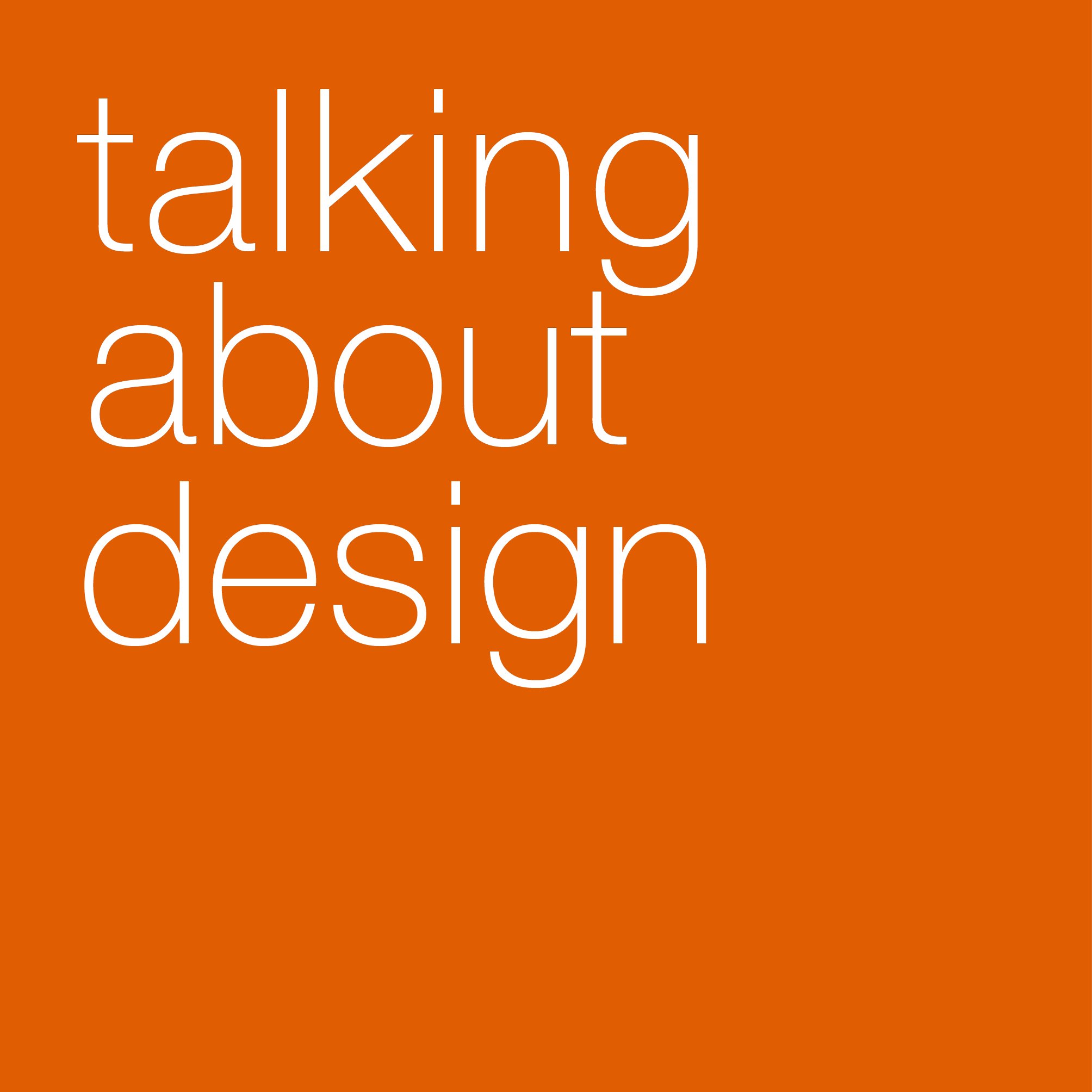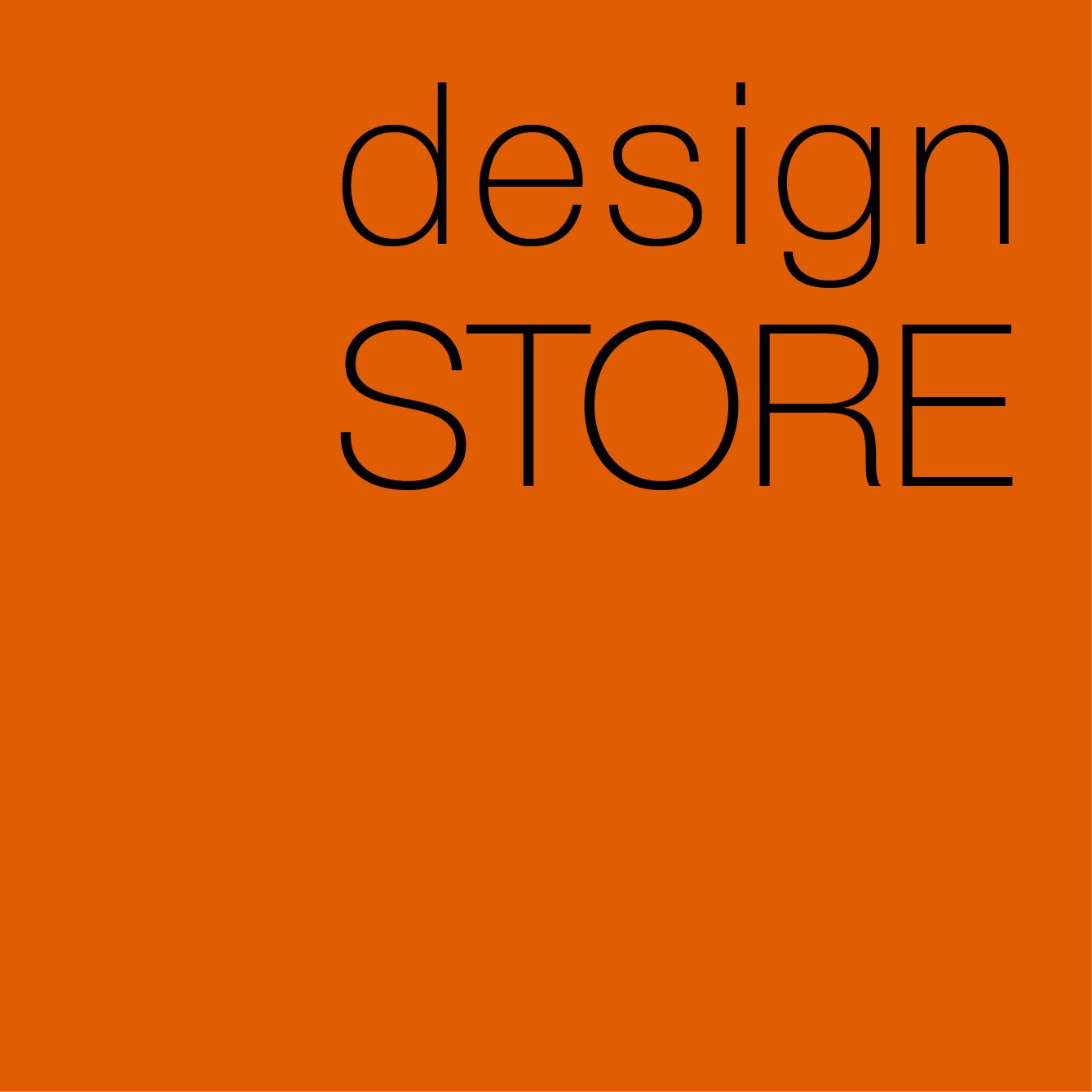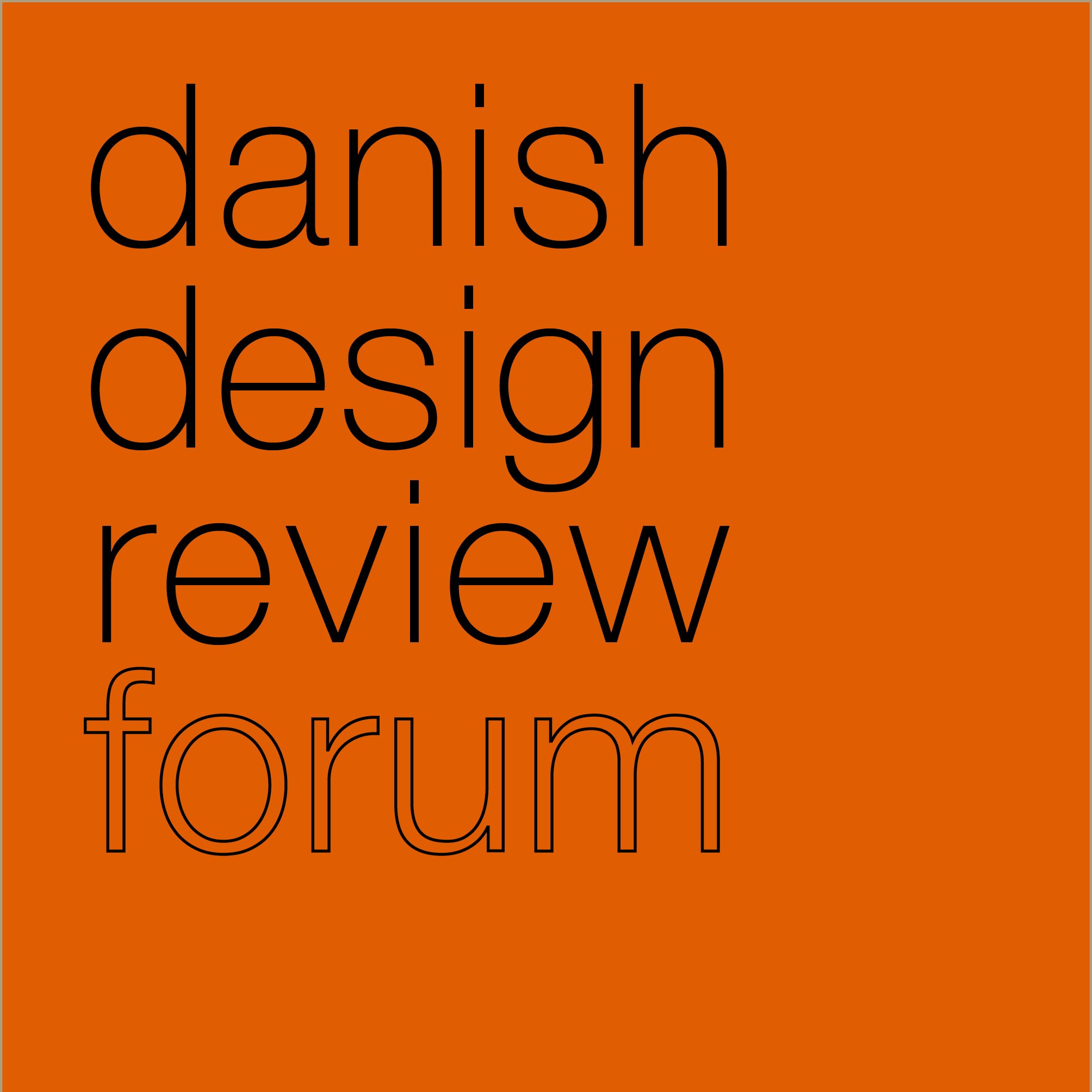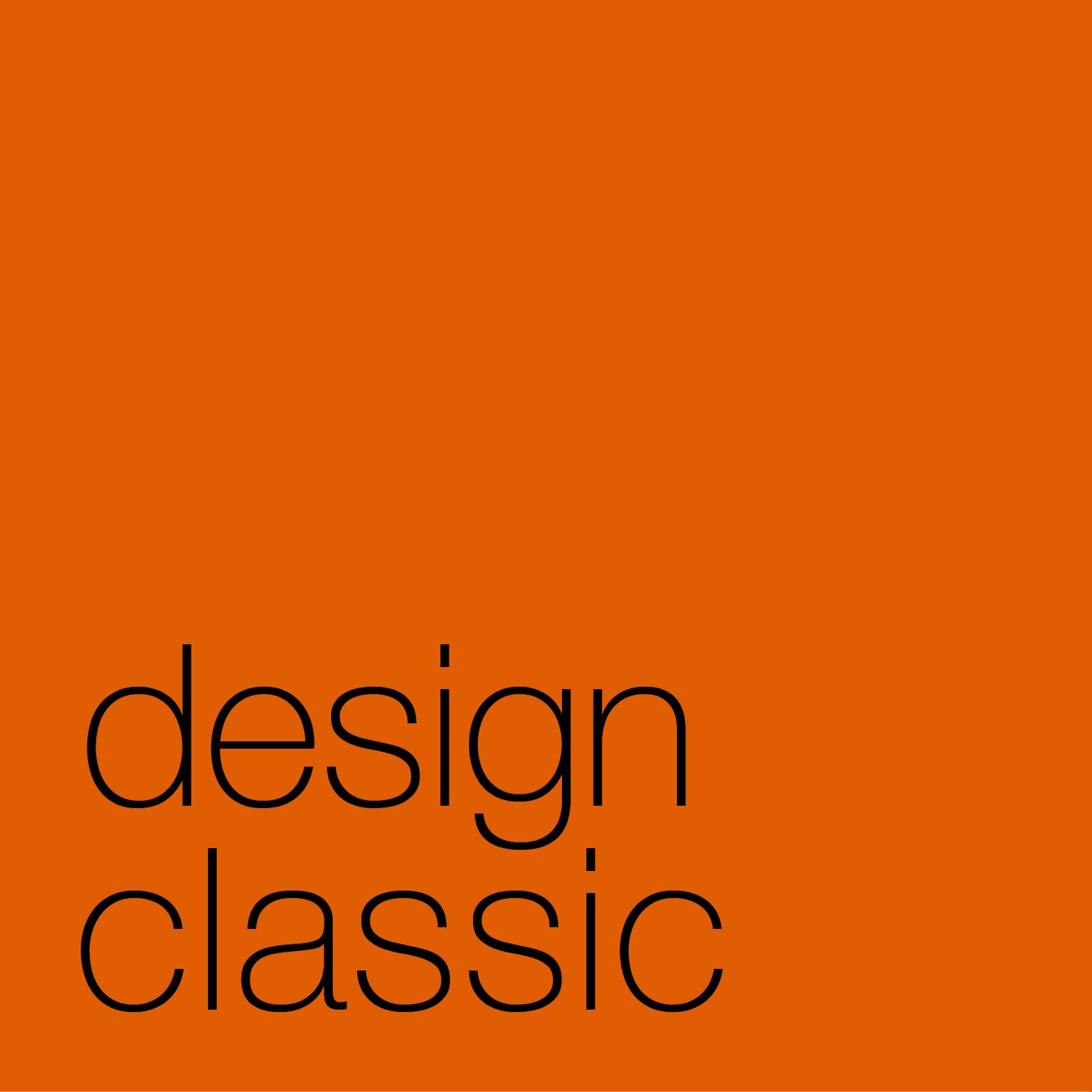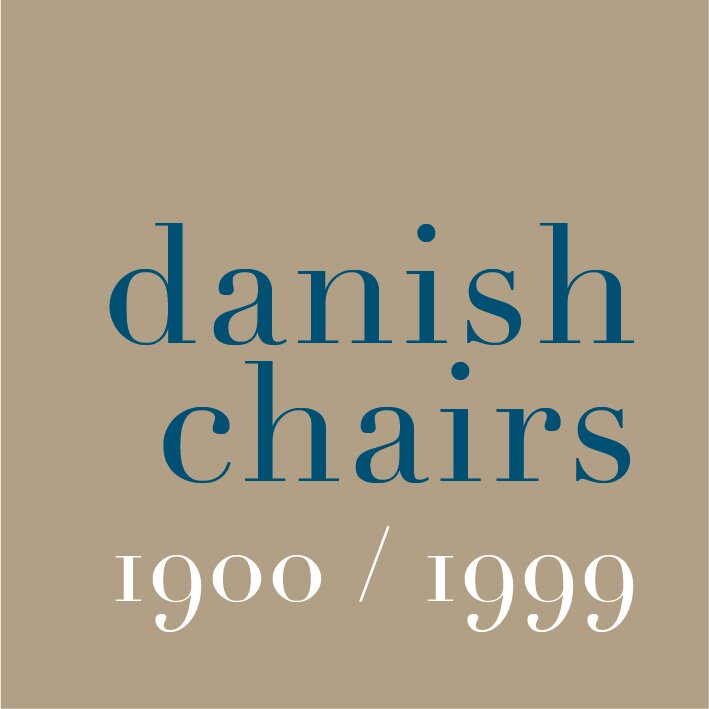a matter of definitions ….
/The Oxford Dictionary shows that the meaning of the words design, manufacture and trade were clearly established in England by the late 16th or the early 17th century and that their primary meanings have remained constant for more than four hundred years.
That the words design and manufacture are French in origin but trade is from Middle English is probably also significant .… but it would be wrong to suggest that in this country we knew how to buy and sell long before we made beautiful and well designed objects. It wasn’t the Huguenots who taught us to make things on a commercial scale but they did contribute significantly to a growing sense of style and quality in commercial production for everyday use ... rather than just for individual, expensive and very special pieces made by skilled craftsmen.
Is it significant that the word design is used by all the Nordic countries but each has a different word for manufacture? …. at fremstille, å produsere, alt tillverka and valmistaa working from south west to north east across the region. I don't know.
What I do know is if you raise the subject of design in conversation in England most people - men and women - would be able to name quite a few fashion designers. For contemporary English architects some might remember the names of Richard Rogers and Norman Foster or, since the Olympics and the building of the Olympic Pool, Zaha Hadid. Probably no others. If pushed to name a graphic designer or a furniture designer and certainly if asked to name a contemporary ceramic or glass designer most would be stumped unless they worked in the design world … generally people know about the work of Jonathan Ive but I would be surprised if many could name other industrial designers.
It is curious that in England clothing design or shoe design are regularly discussed. I don’t exaggerate. Even in the pub or at a football match you see ordinary people who clearly know their Paul Smith from their Miuccia Prada, and only a fool would confuse Nike and Adidas. Yes I know those are manufacturers and not designers but you can only distinguish one trainer from another from looking at and understanding the design.
And those same people would almost-certainly tell you that they don’t have the interest or the knowledge or the technical vocabulary to discuss modern architecture or furniture design.
When push comes to shove, there is a general feeling in England that good design is slightly precious, slightly elitist and definitely expensive - for people with too much money and too much time on their hands.
Clearly I’m not suggesting that England does not produce great designers or great architects - the designs of Matthew Hilton and Jasper Morrison or John Pawson and David Chipperfield are a match for anything produced in Scandinavia - but their work is probably appreciated and recognised more abroad than here. We also have manufacturing companies like David Mellor based completely around products of the best possible design but not a household name, and not on the scale of a company like Iittala, and we have world-class design stores such as Conran that showcase the best design from around the world or stores with a well-established design pedigree such as Heals.
So at the top level, English design is fantastic but why do I feel, when I travel around in Denmark or Norway or Sweden or Finland, that at a general level there is a wider appreciation of good design and its value and importance in day-to-day life?
Maybe, it’s about slightly different priorities in life .… investment in homes and possessions there rather than in fashion and cars here .… investment in owning expensive bricks and mortar here rather than worrying about what’s inside there.
Maybe it’s to do with what is or is not taught in schools about design. Maybe it is that more broadly socialist countries actually demand higher levels of design in public spaces and public buildings and that fosters a demand for good design for personal possessions.
Maybe it is due to agglomeration. I’ve just been watching two programmes on BBC2 here about why London has attracted investment to the detriment, some argue, of the rest of the country. The writer and presenter, the economist Evan Davis, explained this as the process of agglomeration. Success attracts money and skilled people and skilled people attract new companies that see those people as potential and easy recruits because they are already trained, and growing expertise and success attract more investment. And so it is escalates.
Does appreciation of good design in a country attract more designers and manufacturers who produce more things that are well designed because they see there is a market for good design? People who appreciate good design buy more good design. And so, on a roll, good design is more widely seen as essential and not something that might or might not be important? Scandinavia agglomerates good design? Ugly phrase - interesting idea!











